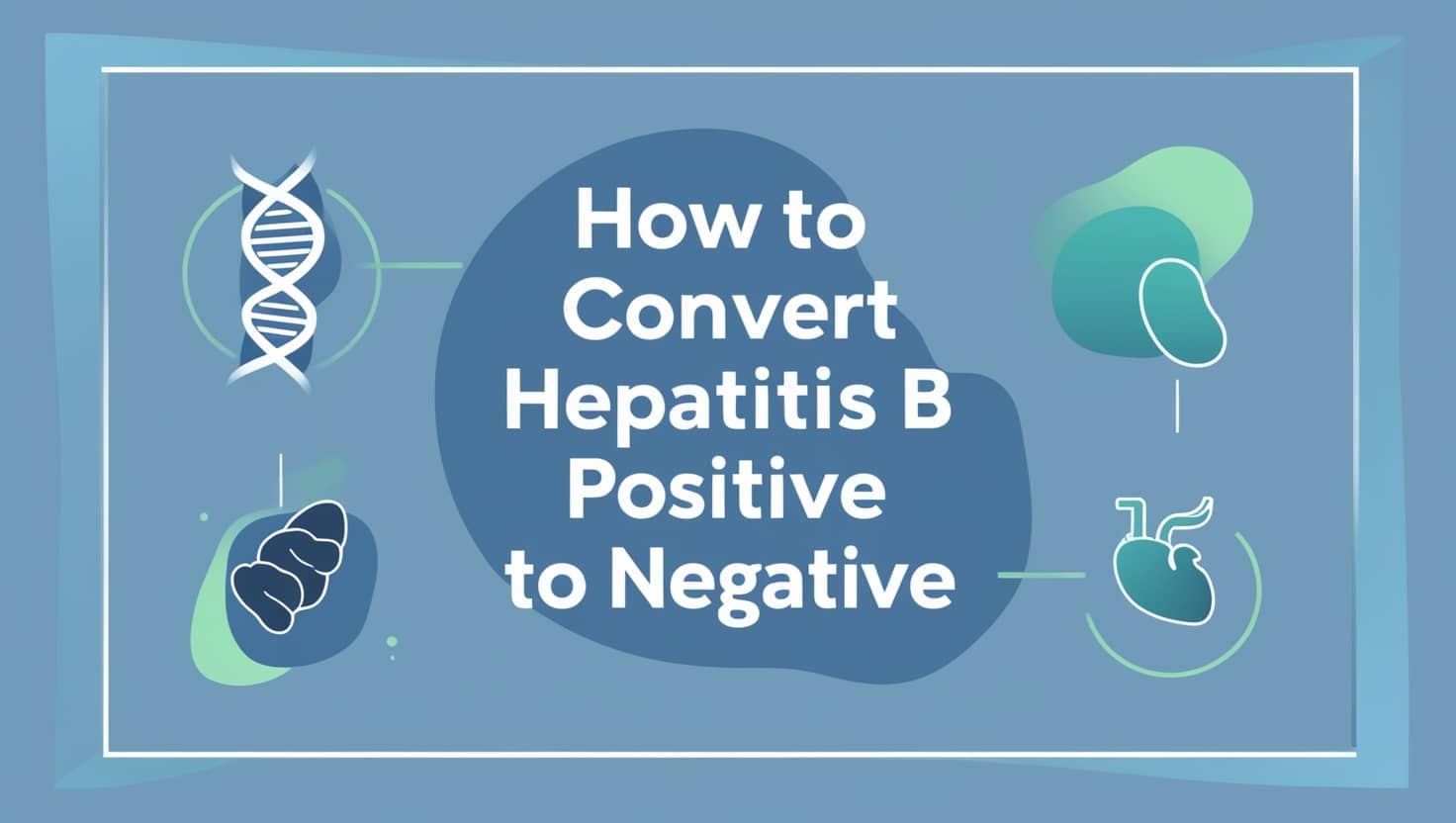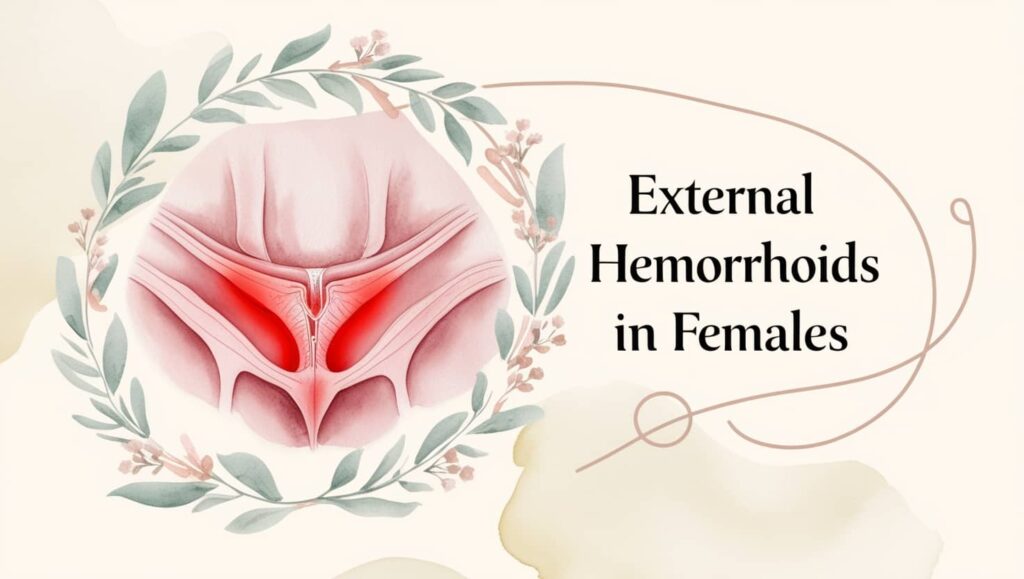While acute hepatitis B often goes away without permanent damage, the virus itself cannot be completely eliminated from the body.
Even if blood tests do not show an active infection, the condition can become chronic.
This requires ongoing management to protect liver health.
Medications such as entecavir, tenofovir, and lamivudine are often prescribed to suppress the virus and prevent liver damage.
However, these medications do not eliminate the virus completely.
Therefore, until we find out how to turn hepatitis B positive into negative, you must take crucial steps that include: abstaining from alcohol, maintaining a healthy lifestyle, vaccinating close contacts, and practicing safe sex to prevent transmission
Understanding Hepatitis B and Its Stages
Epidemiological infection has different stages, including acute and chronic, and can be explained as follows:
Acute infection:
It lasts for several weeks after infection with the virus, and during that period the patient may show the following symptoms:
- Fever.
- Vomiting and nausea.
- Joint pain.
- Muscle pain.
- Rash.
- Loss of appetite.
- Jaundice.
- Edema (swelling).
- Severe fatigue.
- Dark urine.
- Abdominal swelling.
- Abdominal pain.
Chronic infection:
When the virus remains in the body for more than six months, the infection turns into a chronic infection, and chronic infection develops in four stages:
- Immune tolerance,
- Immune clearance,
- Lateness (dormant),
- Reactivation.
Not all patients with hepatitis B go through the four stages.
Symptoms of chronic hepatitis B:
When the disease becomes chronic, the liver is exposed to significant damage and the patient may show the following symptoms in this case:
- Fluid retention in the body (ascites).
- Jaundice.
- Peripheral edema.
- Splenomegaly.
- Encephalopathy.
- Liver cancer. (Johns Hopkins, n.d.)
Fulminant hepatitis
This is a rare condition that occurs during the acute infection stage and is life-threatening and requires urgent medical care, as the patient suddenly suffers from symptoms of severe jaundice, vomiting, nausea, fever, abdominal pain, confusion and falling into a coma.
Means of transmission of hepatitis B
The infection is transmitted through blood and other body fluids, and in most cases, this occurs as a result of sexual contact with multiple parties and sharing of injection needles between addicts.
Medical workers are also at risk of contracting the disease and therefore should receive the appropriate vaccination.
Read Also: Hepatitis B Symptoms in Women
Treatment Options for Hepatitis B Recovery
A hepatitis B patient can live a healthy and long life if he is keen on medical follow-up and avoiding alcohol, tobacco and other toxins that affect the health of the liver and body, and following a healthy lifestyle in nutrition and practicing moderate physical activity.
Now no one knows How to convert hepatitis B positive to negative, but there are treatments that allow the patient to live a healthy life, for example:
- Immunity-boosting drugs: such as interferon, which can fight the virus, and is given in the form of injections for periods ranging from six months to a full year.
- Antiviral drugs: given for about a year in the form of tablets, and work to slow down the reproduction of the virus or stop it from reproducing completely. (Hepatitis B Foundation, n.d.)
Lifestyle Tips to Support Hepatitis B Management
Because we don’t yet know How to convert hepatitis B positive to negative, you need to make some lifestyle changes to stay in good shape:
- Cleanse your body of toxins and harmful substances, such as alcohol, tobacco, and all types of drugs in all their forms.
- Stay away from polluted air: such as factory smoke, car exhaust, and pesticides.
- Review your medications with a healthcare professional to ensure they are free of any substances that harm liver health.
- Do not take any nutritional supplements before consulting your doctor because some vitamins may accumulate in the body and harm liver health.
- Do not take more iron than the recommended daily amount.
- Reduce foods rich in fats that strain the liver.
- Drink plenty of water to help the body get rid of toxins.
- Do physical activity such as walking to strengthen your immunity and reduce the fat stored in the liver. (DC.gov, 2004)
References
DC.gov. (2004). Retrieved from Living with Hepatitis: How to Stay Healthy: https://dchealth.dc.gov/service/living-hepatitis-how-stay-healthy
Hepatitis B Foundation. (n.d.). Retrieved from Treatment Options for Hepatitis B: https://www.hepb.org/treatment-and-management/treatment/
Johns Hopkins. (n.d.). Retrieved from Hepatitis B: https://www.hopkinsmedicine.org/health/conditions-and-diseases/hepatitis/hepatitis-b








